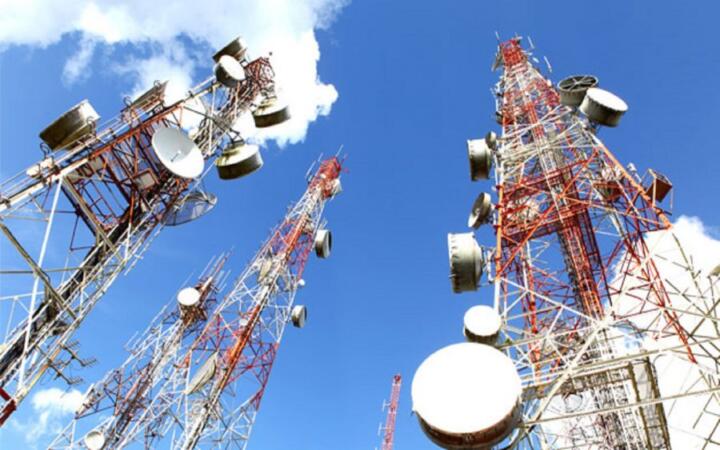Telecommunications operators in Nigeria have issued a warning of potential service disruptions due to escalating operational costs that continue to pressure the sector. Rising energy prices, inflation, and foreign exchange challenges have compounded the difficulties faced by industry players, prompting urgent calls for intervention.
Mounting Financial Pressures
- Energy Costs: The rising cost of diesel and electricity has significantly increased the expenses associated with powering base stations and maintaining network infrastructure.
- Foreign Exchange Rates: The depreciation of the naira has driven up the costs of importing critical equipment and technology.
- Inflation: General price increases have affected wages, logistics, and other operational expenses.

Impact on the Industry
Operators warn that the persistent cost pressures could lead to:
- Reduced Network Coverage: Maintenance and expansion projects may be delayed or canceled, affecting rural connectivity.
- Quality of Service: Strain on resources might result in slower internet speeds, dropped calls, and other service issues.
- Job Losses: Companies may resort to cost-cutting measures, potentially leading to layoffs.
Appeals for Support
To mitigate the situation, telcos have called on the Federal Government and regulatory agencies to:
- Subsidize Energy Costs: Provide relief or subsidies to help offset diesel and electricity expenses.
- Ease Forex Restrictions: Facilitate better access to foreign exchange at lower rates for importing essential equipment.
- Reduce Taxes and Levies: Streamline the multiple taxes imposed on the industry to lessen financial burdens.
Consumer Concerns
Consumers have expressed concerns over the potential service cuts, highlighting the importance of reliable telecommunications for businesses, education, and social connectivity. Many fear that disruptions could have far-reaching consequences for the economy and daily life.
Government and Regulator Responses
The Nigerian Communications Commission (NCC) has acknowledged the challenges faced by operators and pledged to engage stakeholders to find sustainable solutions. The government has also indicated a willingness to explore measures to support the sector.
Conclusion
The looming threat of service cuts underscores the urgent need for a collaborative approach to address the rising costs in Nigeria’s telecommunications industry. As a critical driver of economic growth and digital transformation, the sector requires immediate interventions to ensure its sustainability and continued contribution to national development.
Support InfoStride News' Credible Journalism: Only credible journalism can guarantee a fair, accountable and transparent society, including democracy and government. It involves a lot of efforts and money. We need your support. Click here to Donate
